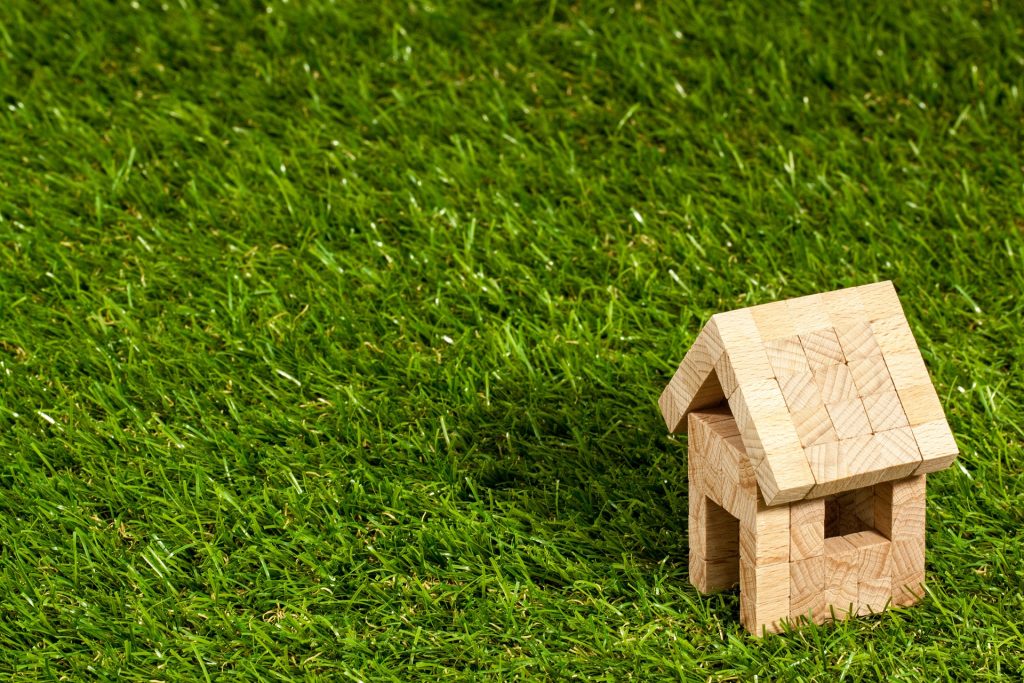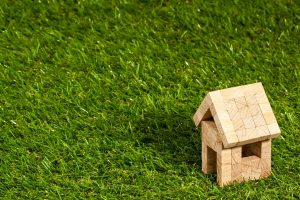 01254 774943
01254 774943  01254 774943
01254 774943 Have you ever heard of the terms ‘freehold’ and ‘leasehold’?
Although these words sound like technical, legal jargon, there are few things more important about your home, than whether it’s freehold or leasehold.
So although some agents may gloss over this vital detail, knowing whether a property is freehold or leasehold can be the difference between investing in a home that is worth buying or being out of pocket.
So if you’re left hampered by the hold of your future home, we’ve created a definitive guide that gives you everything you need to know about these two fundamentally different forms of legal ownership.

So, what does ‘freehold’ mean?
If you own the freehold to a property, it simply means that you own the property itself, as well as the land it stands on. What’s more, you’ll own them until you decide to sell it, or someone else inherits it. It’s also assumed that houses are sold as freehold properties, whereas flats are more commonly sold as leasehold.
The great thing about owning a freehold property is that, subject to planning rules, you can literally do what you like with the property. What’s more, you won’t have to pay annual ground rent or have to put up with a freeholder that potentially fails to maintain the building.
The only downside, however, would be that you are responsible for carrying out (and paying for) any maintenance and repairs that are required since you would be the freeholder.
What does ‘leasehold’ mean?
This is where things start to get a little more complicated.
If you own the Leasehold to a property, it means that you have a lease (or contract) to live in a property for a certain number of years, but a freeholder (landlord) owns the land. This means that once the lease runs out, ownership of the entire property will revert back to the freeholder.
Now, with this form of legal ownership, there are definitely a few factors that you should bear in mind before entering into a contract:
Are you aware of the declining value of leasehold properties?
When buying a leasehold property, it’s imperative that you’re aware of the length of the lease.
Typically, a lease will start at either 90 or 120 years, but they can be as long as 999 years! However, once a lease has less than 80 years remaining, problems can start to arise. This is because the shorter the lease, the less the property is worth, meaning fewer people will want to buy it!
Here’s an example to put things into perspective:
The value of long leases stays fairly stable, but the value of short leases can drop rapidly. A flat with a lease of 60 years is worth more than 10 percent less than if it had a lease of 99 years. So, you might think that a flat is worth £200,000, but it is actually worth less than £180,000, with the difference in value being owned by the freeholder.
With this example in mind, it’s worth considering the implications that this will have on getting a mortgage. This is because mortgage companies will be reluctant to lend against it, for fear of not getting their money back if they ever needed to repossess the property.
So, as a general rule, the longer left on a lease, the better!
Can a lease be extended?
Yes. But it’s entirely down to the discretion of the freeholder. Although many leaseholders have a legal right to extend their leases, it’s a very complex process. But if you do decide to buy a property with a short lease, we’d suggest asking the freeholder if it can be extended before you buy, as a longer lease will hold its value.
Can I buy the freehold?
The long and short of it is, yes!
There are lots of benefits to buying the freehold, such as giving you more control over what you pay out and not to mention the fact that you’ll be protecting the value of the property. A word of warning though, we’d highly recommended that you get a solicitor on board as the procedure is very complicated, and will differ depending on whether you’re buying the freehold to a house or a flat.
What are land registry and compliant lease plans?
Land registry and compliant lease plans are required for new leases lasting seven years or more. They show the area that is included in the lease, communal areas and rights of way. Here at Aldrock, we ensure that all of our land registry and compliant lease plans are issued within 48 hours.
